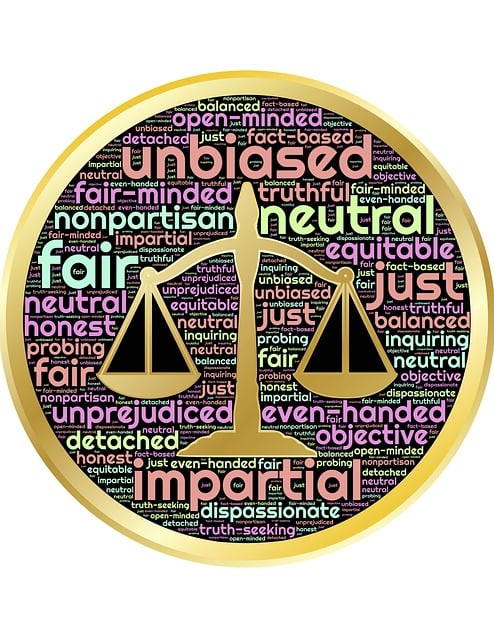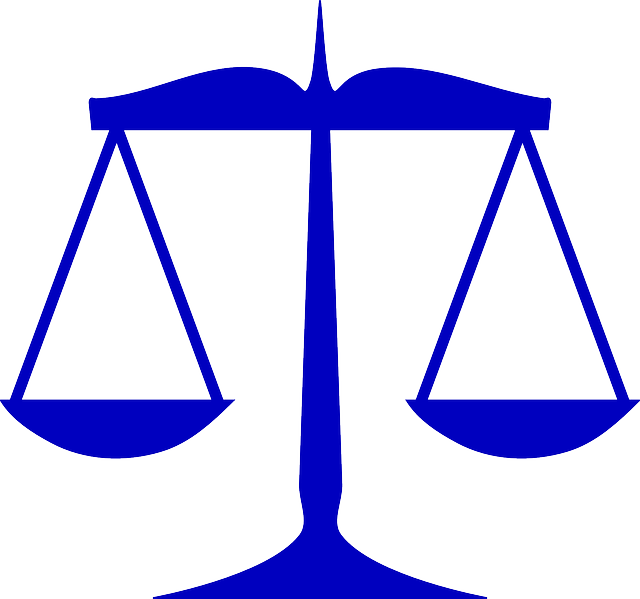Consumer protection laws safeguard rights in business transactions, with Administrative Law Judge (ALJ) decisions playing a crucial role. Consumers can appeal these decisions to higher courts, presenting new evidence and arguments to rectify violations, especially in high-stakes white-collar cases. Skilled legal counsel is often essential due to the complex nature of these appeals, which have significant financial and reputational implications.
Consumer protection suits are pivotal in ensuring businesses uphold ethical standards, safeguarding buyers from fraudulent or harmful practices. This article guides you through the intricate world of consumer rights, focusing on three key aspects: understanding fundamental protection laws, mastering the suit filing process, and exploring procedures for appealing Administrative Law Judge decisions. By delving into these topics, consumers can effectively navigate their rights and seek justice.
- Understanding Consumer Protection Laws and Their Role in Suits
- Navigating the Process of Filing a Consumer Protection Suit
- Appealing Administrative Law Judge Decisions: Rights and Procedures
Understanding Consumer Protection Laws and Their Role in Suits

Consumer protection laws are a crucial framework designed to safeguard the rights of individuals in their interactions with businesses. These laws play a pivotal role in suits by providing consumers with legal recourse against unfair or deceptive practices. They ensure that companies operate transparently, offer quality products and services, and uphold their promises to clients. Understanding these regulations is essential for both consumers and businesses, as it fosters trust and encourages ethical trade.
When disputes arise, administrative law judge decisions are a significant step in the legal process. However, appeals are available to ensure that justice is served. Consumers who believe they have been wronged can challenge these decisions, aiming for a complete dismissal of all charges. This dynamic interplay between consumer protection laws and legal proceedings empowers individuals to hold businesses accountable, thus contributing to the health and integrity of the market within the broader philanthropic and political communities.
Navigating the Process of Filing a Consumer Protection Suit

Navigating the process of filing a Consumer Protection Suit requires careful consideration and strategic planning. It begins with identifying potential violations of consumer rights, gathering evidence, and consulting with legal experts specializing in consumer law. Once ready, consumers can file their complaint with the appropriate regulatory agency or even directly with the courts. The latter often involves an initial review by an Administrative Law Judge (ALJ) who assesses the merits of the case.
While ALJ decisions carry significant weight, they are not infallible. Consumers with compelling cases and valid arguments may appeal these decisions in higher courts, especially when dealing with high-stakes cases that involve white-collar defense strategies. This appeals process offers a second chance to present evidence, contradict rulings, and ultimately seek justice for consumer protection violations.
Appealing Administrative Law Judge Decisions: Rights and Procedures

When an Administrative Law Judge (ALJ) issues a decision in a consumer protection suit, either party has the right to appeal. Appealing an ALJ’s decision involves a thorough understanding of administrative law and procedure. In many cases, particularly high-stakes white collar defense scenarios, appealing an ALJ’s ruling can mean the difference between a complete dismissal of all charges or a significant outcome for the consumer.
The appeals process typically begins with filing a written brief with the relevant administrative body, outlining arguments against the initial decision. Key considerations include presenting new evidence, challenging the legal interpretation of the ALJ, and demonstrating procedural errors. The complexity of these cases often necessitates experienced counsel, particularly in light of the significant financial and reputational implications at stake for both consumers and businesses involved in such high-profile disputes.
Consumer protection laws are vital tools for ensuring fair practices in the market. Understanding these laws and knowing how to navigate a consumer protection suit is crucial for both businesses and consumers. Filing a lawsuit can be a complex process, but it provides an avenue for resolving disputes and seeking justice. The right to appeal an Administrative Law Judge’s decision is essential, offering a second chance to argue cases that may have been overlooked or misunderstood. By familiarizing themselves with these procedures, individuals can actively participate in protecting their rights as consumers and ensuring businesses uphold the standards set by consumer protection regulations.






